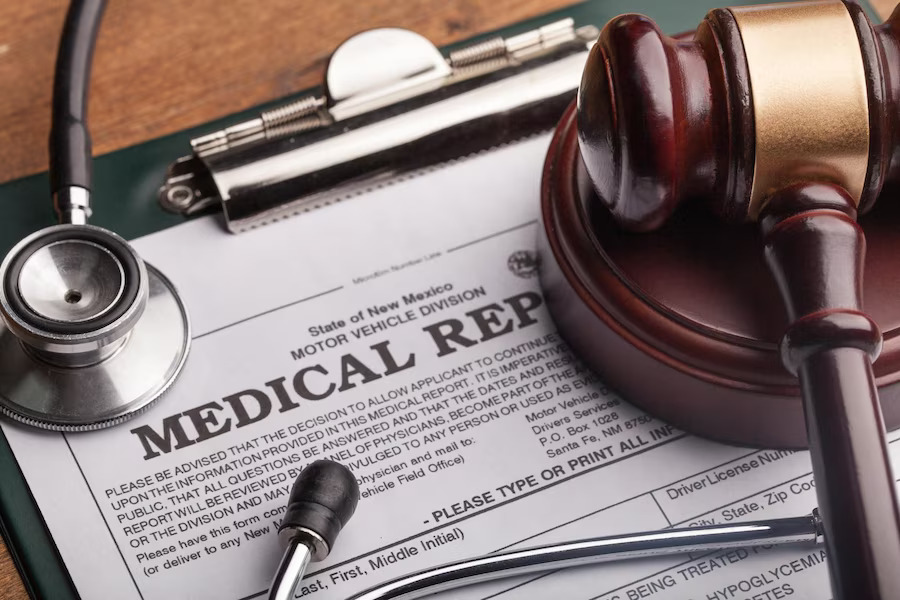
Compliance with Healthcare Laws
Technology systems such as telemedicine, remote patient monitoring, and electronic health records have become increasingly…
Lex Bridge is a boutique law firm specialising in legal advice, regulatory compliance, and risk management services. With our in-depth and up-to-date knowledge of regulatory laws and risk management services and using our comprehensive database, we can provide your business with the guidance it needs to stay compliant and minimise potential legal exposure. We take pride in our commitment to excellence, integrity, and client satisfaction, and we work tirelessly to ensure your business is well-positioned and up-to-date in the regulatory landscape. Our clients and services are spread globally, primarily from the USA; EU; UK, and MENA states.
This article is provided for informational purposes only and does not constitute legal advice.
